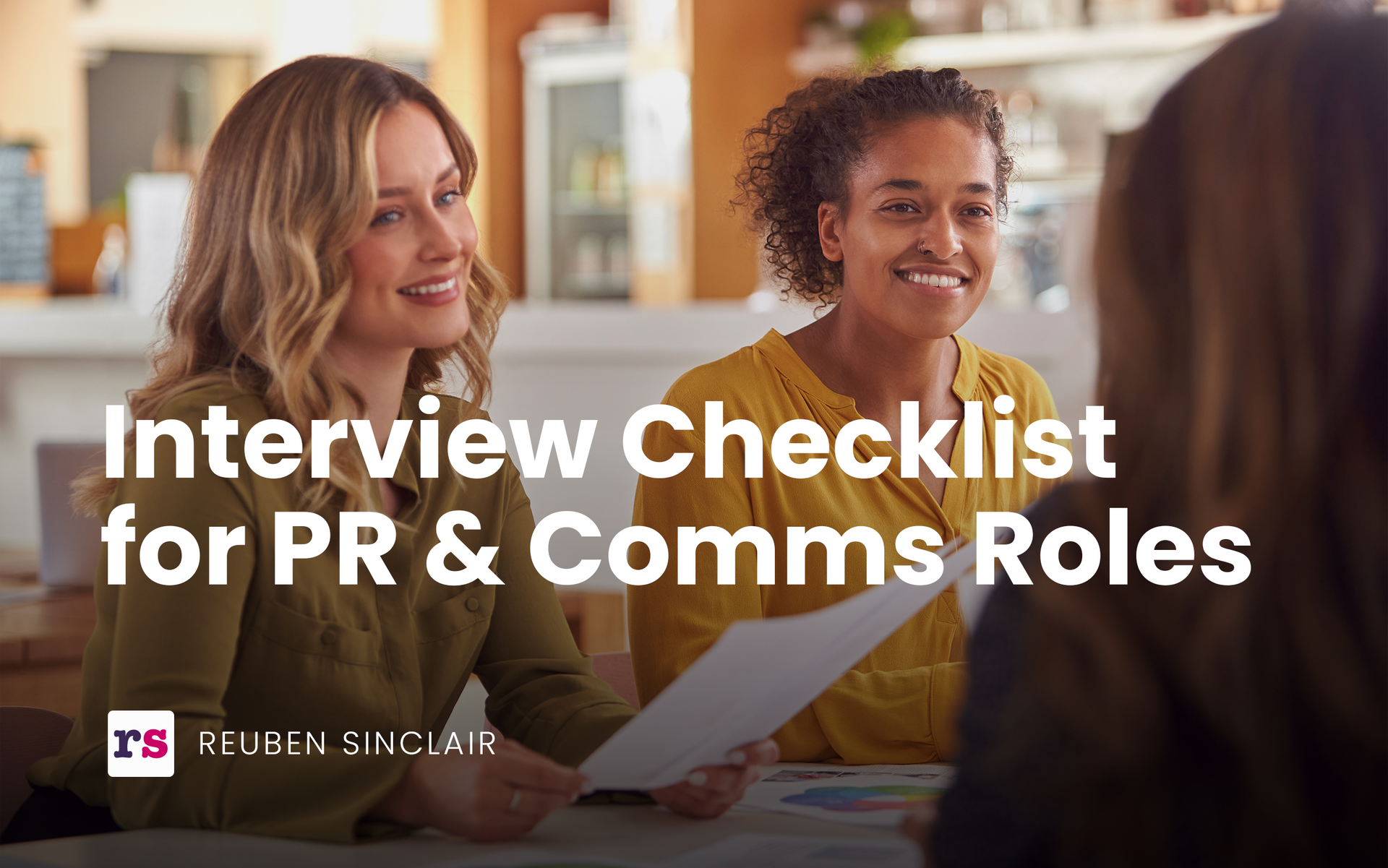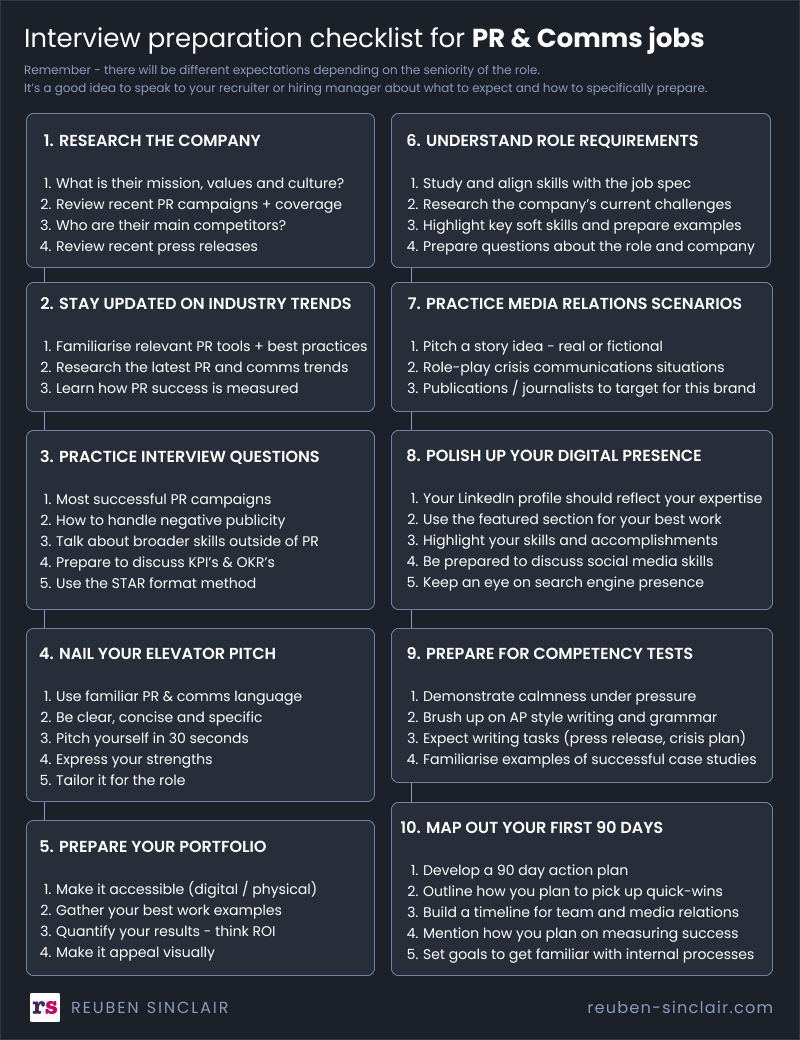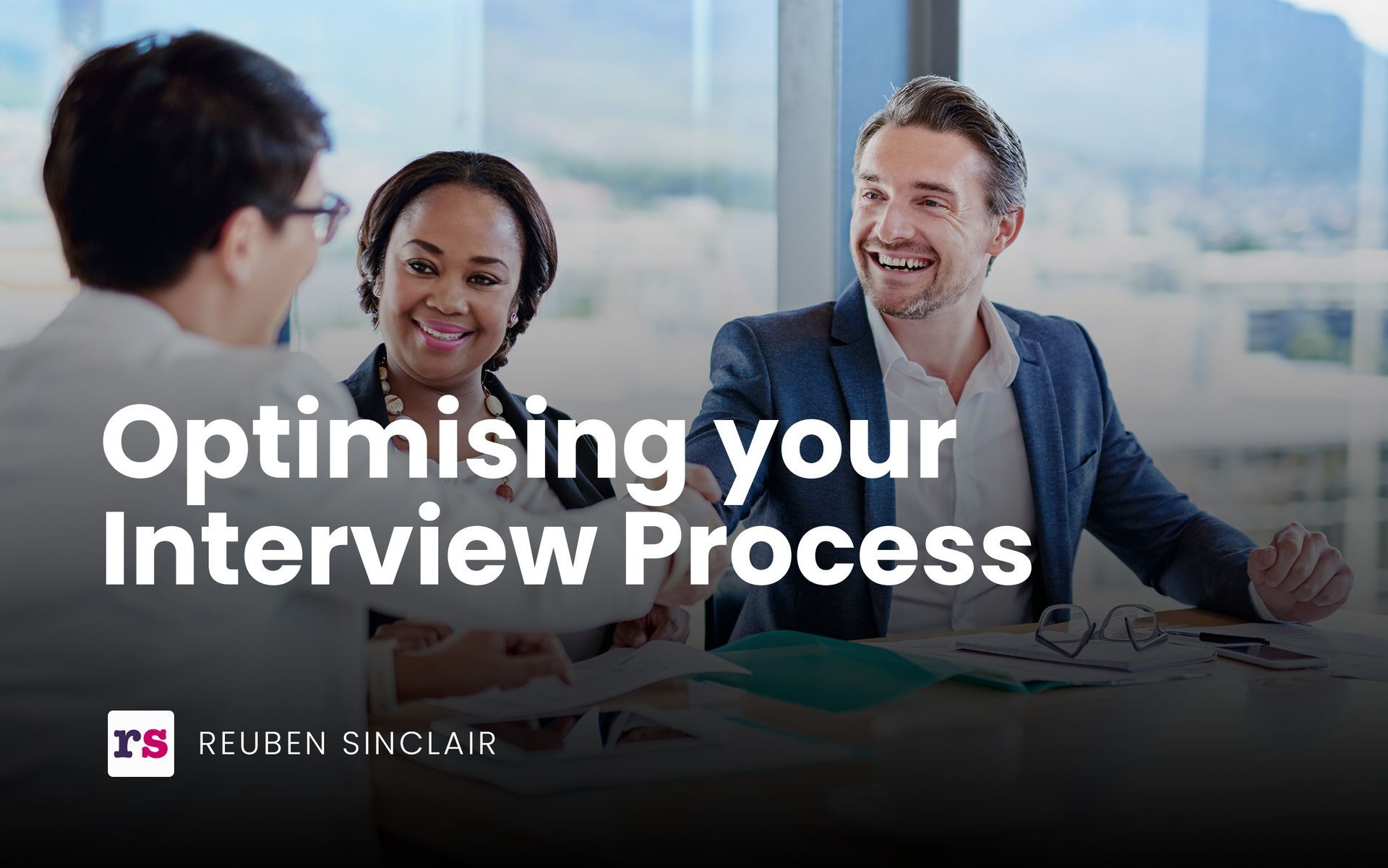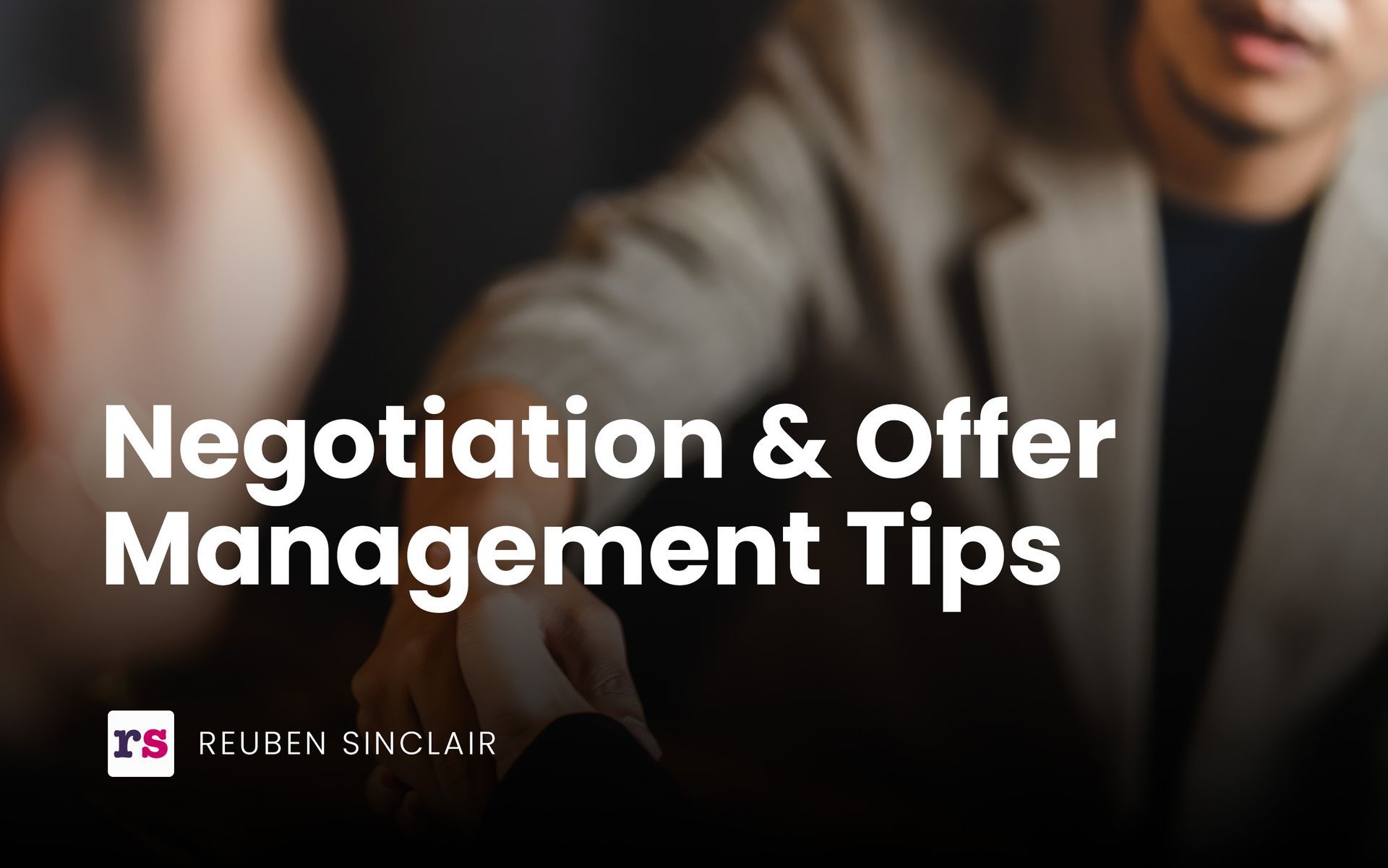Ultimate Interview Preparation Checklist for PR & Comms Roles

Ultimate Interview Preparation Checklist for PR & Comms Roles
1. Research the Company
Explore the Company’s Mission and Values
- Understand the company’s culture, their goals, and how they position themselves in the industry.
- This is especially crucial for PR and Communications roles where you’ll be responsible for representing their image and brand perception.
Check Recent Press and News
- Read up on recent press releases, social media campaigns, or any major PR events the company has been involved in.
- Mentioning this in your interview demonstrates initiative and industry awareness.
Understand Their Competitors
- Know the company’s place in the market and its competitors.
- Compare their PR efforts to see how they stand out.
2. Know the Industry Trends
Stay Updated on Communication Tools
- Be ready to talk about your proficiency with platforms like HubSpot, Meltwater, Prowly, or any relevant PR software.
- PR professionals today must be comfortable with various digital communication tools.
Follow Relevant Industry News
- Be prepared to discuss the latest developments in media, public relations, digital marketing, and crisis management.
Know PR Measurement Metrics
- Familiarise yourself with how PR success is measured - whether through media mentions, sentiment analysis, or share of voice.
3. Familiarise Common Interview Questions
“Tell Us About a Successful PR Campaign You’ve Managed”
- Use the STAR method (Situation, Task, Action, Result) to outline your most successful projects.
- Highlight your strategic thinking, creativity, and problem-solving.
“How Do You Handle Negative Publicity?”
- Have an example ready where you managed a crisis or negative media attention. Show your ability to stay calm under pressure.
“How Do You Measure Success in Communications?”
- Be ready to talk about KPIs and data-driven strategies like engagement rates, brand awareness, media impressions, etc.
4. Create and Practice Your Elevator Pitch
Pitch Yourself in 30 Seconds
- You’ll likely be asked to describe yourself early in the interview. Be clear, concise, and specific about your PR and Communications experience, your strengths, and what you bring to the company.
Tailor it for the Role
- Use language and terms specific to the PR industry and the job description. This shows your understanding of the field and your suitability for the role.
5. Prepare Your Portfolio
Gather Your Best Work
- Include examples of press releases, media pitches, campaigns, and crisis management strategies that reflect your skills and creativity.
Quantify Your Results
- PR is often about influence, but having hard data such as media coverage, engagement rates, or campaign ROI can set you apart.
Make it Accessible
- Have both physical and digital versions of your portfolio ready.
- For digital, consider creating a personal website or using platforms like Canva to create visually appealing PDFs.
6. Understand the Role’s Requirements
Study the Job Description:
- Make sure you can explain how your experience aligns with the responsibilities listed in the job ad.
Prepare Questions
- Ask thoughtful questions about the company’s PR strategies, team structure, and the expectations for the role.
- This shows you’re serious about the position and understand its importance.
Know the Key Soft Skills
- Communication, creativity, problem-solving, and adaptability are core soft skills in PR roles.
- Be ready to give examples of how you’ve demonstrated these.
7. Practice Media Relations Scenarios
Pitch a Story Idea
- Practice pitching a story idea for a fictional or real client based on current events or trends. This demonstrates your ability to generate media interest.
Role-Play Crisis Communications
- Be prepared to discuss how you would handle a PR crisis or manage a brand’s reputation during a challenging situation.
8. Polish Your Digital Presence
Optimise Your LinkedIn Profile
- Your LinkedIn profile should reflect your expertise in PR and Communications.
- Ensure your headline, summary, and job experiences highlight your skills and accomplishments in this field.
Be Prepared to Discuss Your Social Media Knowledge
- Since social media is a crucial part of PR, make sure you can talk about recent campaigns, trends, and tools you’ve used.
9. Prepare for Competency Tests
Expect Writing or PR Strategy Tasks
- You may be asked to write a press release, craft a social media strategy, or develop a crisis communications plan on the spot.
- Familiarise yourself with different writing styles for media, internal comms, and social media.
Brush Up on AP Style and Grammar
- PR roles often require impeccable writing skills. Make sure your grammar and writing are polished and aligned with industry standards.
10. Plan Out Your First 90 Days
Develop an Action Plan
- Show your initiative by preparing a rough 90-day plan that outlines how you’ll immerse yourself in the role, learn the ropes, and contribute quickly to the company’s goals.
Highlight the Quick Wins
- Think of how you can contribute to PR efforts early on.
- Whether it’s improving media relations, securing coverage, or fine-tuning internal communications, presenting this in the interview showcases initiative and self-starter capabilities.












